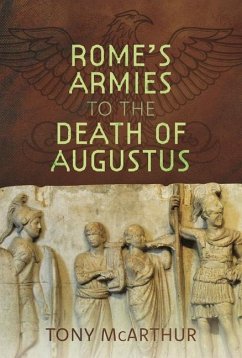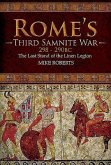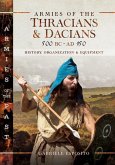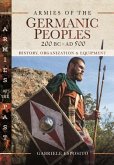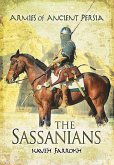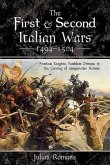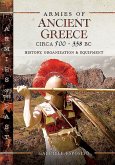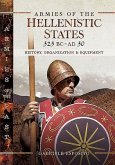National armies, as we know them today, are a comparatively recent development. It has been assumed that the Romans had an army similar to the national institutions of advanced, almost exclusively European, powers at the end of the nineteenth century. But the assumption was wrong as is the belief that changes seen in the armies can be explained because the Romans "reformed" their armies. Up to the death of Augustus, the Romans had no permanent military forces. Roman armies were raised for particular campaigns and disbanded at their conclusion. Repeated campaigns were conducted in places like northern Italy and Spain but the armies were always disbanded. These armies were not seen by Romans as part of a national institution as modern armies are; they were simply a part of the life of a Roman citizen, like religion or elections. These armies were more like a militia than a national army. There is little evidence even of systematic training and what changes can be detected can be better explained by contingent adaptation to circumstances rather than "reform". The emperor Augustus is commonly seen as the originator of the imperial armies but it was an unintended outcome of a long life.
Hinweis: Dieser Artikel kann nur an eine deutsche Lieferadresse ausgeliefert werden.
Hinweis: Dieser Artikel kann nur an eine deutsche Lieferadresse ausgeliefert werden.

